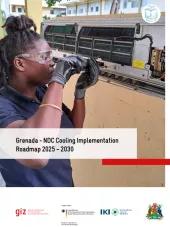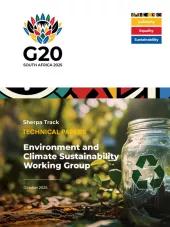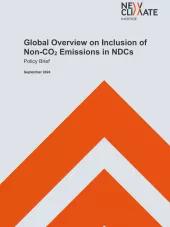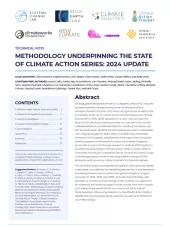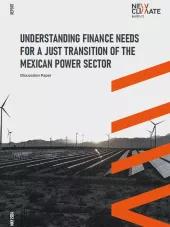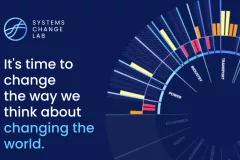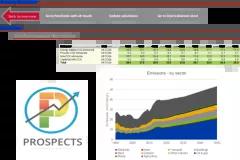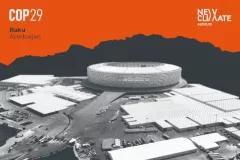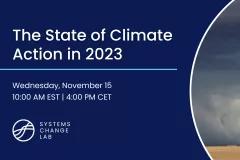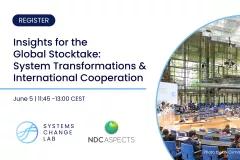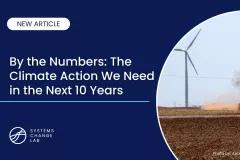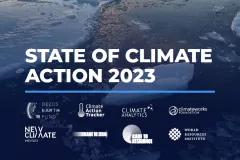Anna Nilsson coordinates NewClimate’s work at the intersection of climate change and sustainable development. Her work spans multiple regions globally and focuses on topics including energy security, just transitions, NDCs and climate finance. With a background in energy systems modelling, Anna also has extensive expertise in heavy industry decarbonisation and green hydrogen. She has academic and professional experience in Sweden, Argentina, France, Uganda and Germany, and holds a BSc in Environmental Engineering and a MSc in Energy Systems Analysis, specialising in energy system transformation, policy and management.


